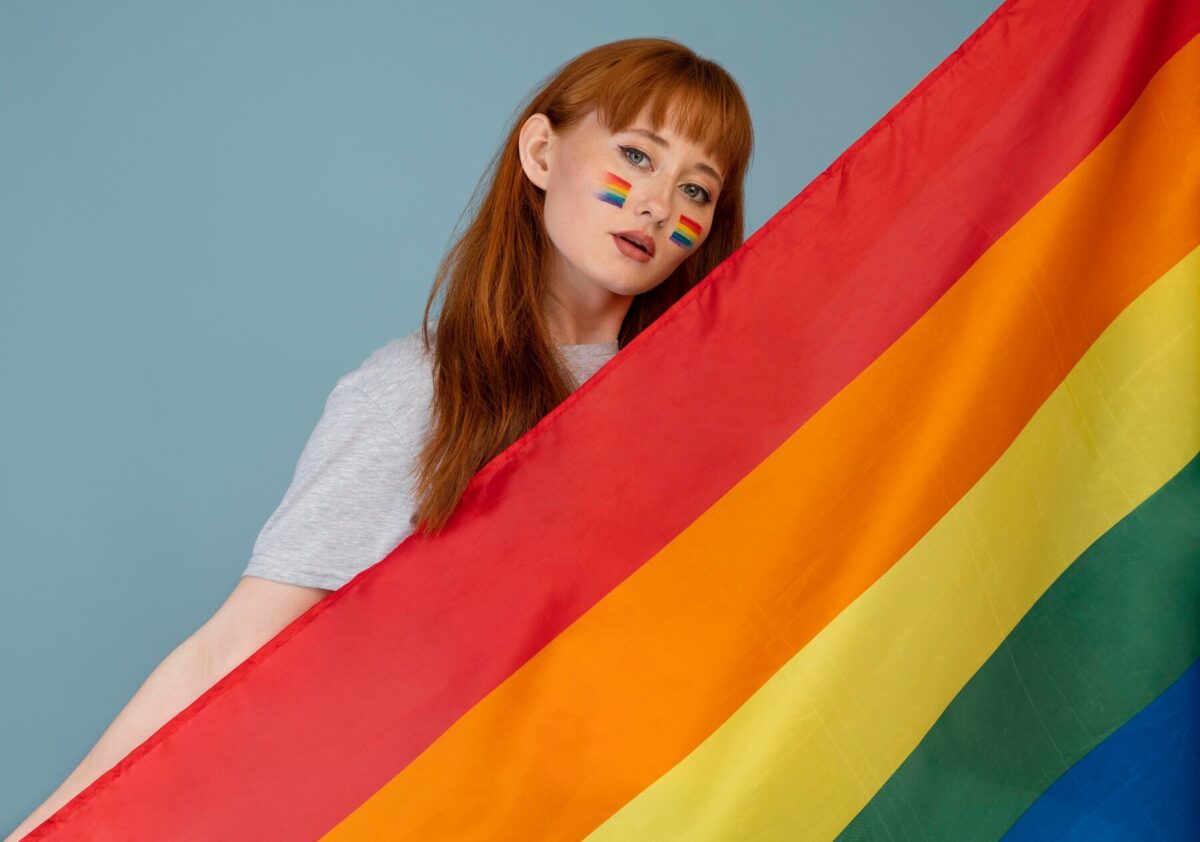In 2024, pressure on the LGBTQIA+ community in Kazakhstan is increasing, leading to new waves of discrimination and restriction of rights. Recent events involving the proposal of discriminatory amendments to legislation and the dissemination of misinformation increase the threat to human rights defenders and activists. At the center of these developments are non-binary individuals and LGBTQIA+ activists facing open hostility and hate speech from some politicians and public figures. Let us consider two significant cases highlighting the complexity and importance of the ongoing struggle for equality and human rights in Kazakhstan.
Proposing discriminatory amendments to legislation
On April 10, 2024, NGO workers and human rights defenders in Kazakhstan learned of a proposal by two deputies to the Majilis from the Amanat party to introduce another discriminatory amendment to the law. In addition to amending Article 174 of Kazakhstan’s Criminal Code on incitement to hatred, the deputies proposed to add a provision to Article 14 of the Law on Peaceful Assemblies prohibiting protests if their subject matter concerns “propaganda of non-traditional sexual relations.”
Based on Article 1 of the Marriage and Family Code, the deputies said that marriage is a union between a man and a woman, which makes any form of LGBTQIA+ activism, in their view, unacceptable. Peaceful protests for the rights of the LGBTQIA+ community, in their view, should be banned, creating a legal basis for further infringement of the rights of this community.
This initiative provoked an immediate reaction from human rights defenders and LGBTQIA+ activists, who began to develop strategies to combat the discriminatory amendments. In a context of heightened political and social tensions, such measures pose significant risks to the peaceful expression of rights and freedom of assembly.
Disinformation and the spreading of hatred on social media
On 15 August 2024, two popular Kazakhstani cisgender male bloggers published a video on their Instagram page in which they spread false information about an event organized by the Queer.kz initiative and the NGO Education Community. The event was dedicated to a lecture on the topic of queer activism and intersectionality. Still, the bloggers in their video called it “agitation” and “propaganda”, trying to discredit its goals and participants.
In addition, bloggers publicly condemned two Kazakh male choreographers who were attacked for their high heels performances. Their actions were characterized as “effeminate,” which only added to the public pressure and misinformation surrounding the event and the queer movement itself in the country. At the time of the appeal, the video had garnered over 89,000 views, exacerbating the potential risks of bullying and threats to the safety of the Education Community and Queer. kz participants, as well as the choreographers themselves.
These actions were a clear example of the use of hate speech and the spread of misinformation, which reinforced stigmatization and led to possible security threats for human rights defenders and activists.
The situation in Kazakhstan for the LGBTQIA+ community is escalating, and the cases described vividly emphasize the extent of public and political pressure. However, active resistance and documentation of such cases are important steps towards equality and the protection of human rights. The LGBTQIA+ community in Kazakhstan faces many challenges in fighting for their rights, but their determination continues to inspire the fight against discrimination.
Also read:
Resisting discrimination: a new chapter in the struggle for LGBTQIA+ rights in Kazakhstan
Overcoming violence and bias due to HIV status: the story of Gularus from Tajikistan


